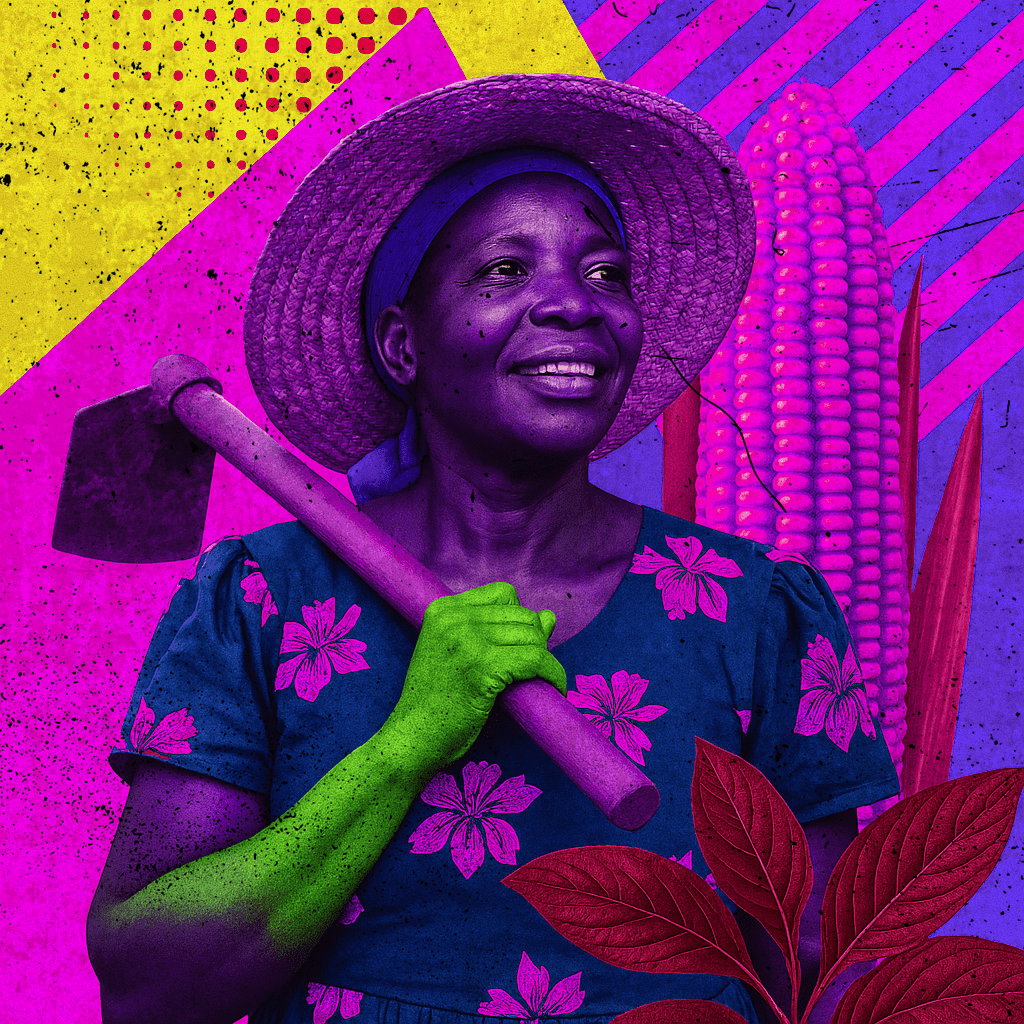Female Farmers: The Backbone of Sustainable Agriculture in Africa.
Women play a central role in African agriculture, contributing significantly to food security and the development of sustainable practices, despite facing considerable challenges. Their work is crucial for the agricultural sector, but they often do not receive the same access to resources, such as land, credit, and education, as their male counterparts.
The Role of Women in African Agriculture
Women in Africa are at the forefront of agricultural labor, responsible for tasks ranging from sowing seeds to harvesting crops and managing livestock. They are the primary caretakers of their families and communities, ensuring food preparation and nutrition. Yet, their access to the necessary tools for effective farming is limited.
Overcoming Challenges
Despite these obstacles, African women farmers have shown remarkable resilience and ingenuity. For instance, in Kenya, they have formed cooperatives to pool resources for purchasing seeds and equipment, demonstrating a collective strength that helps mitigate individual limitations. Such initiatives not only improve their farming practices but also build a sense of community and mutual support.
Innovation in Sustainable Farming
In regions like Niger, women have pioneered the adoption of sustainable agricultural practices such as the “zai” technique. This method involves creating pits to collect rainwater and adding manure to enhance soil fertility, which is especially beneficial in arid areas, leading to improved crop yields and soil rehabilitation.
Sustainable Practices and Environmental Stewardship
Women are also leaders in integrating sustainable practices into farming, as seen in Ghana, where they implement agroforestry in cocoa production. By integrating trees with crops, they improve biodiversity, soil health, and reduce the need for chemical inputs, contributing to more sustainable and eco-friendly farming practices.
The Need for Support and Empowerment
Recognizing the pivotal role of women in agriculture, various organizations have initiated programs to provide them with the necessary support. These initiatives aim to offer access to credit, agricultural training, and secure land rights, addressing some of the fundamental barriers to their success in farming.
Moving Forward
The journey toward fully realizing the potential of women in sustainable agriculture in Africa requires ongoing efforts to address gender inequalities and provide equitable access to resources. Empowering women farmers not only has a direct impact on their lives and families but also on community food security, environmental sustainability, and economic development across the continent.
By fostering a supportive environment for women in agriculture, we can ensure that they continue to play a vital role in feeding the continent and shaping a more sustainable future for all.



Leave a Reply